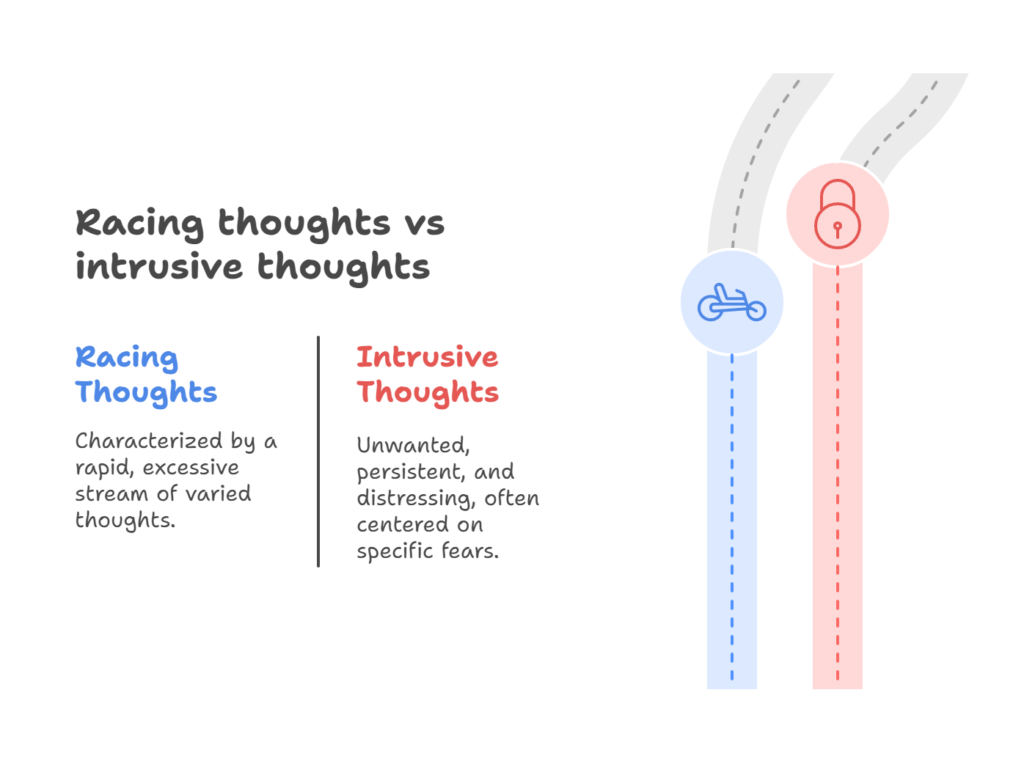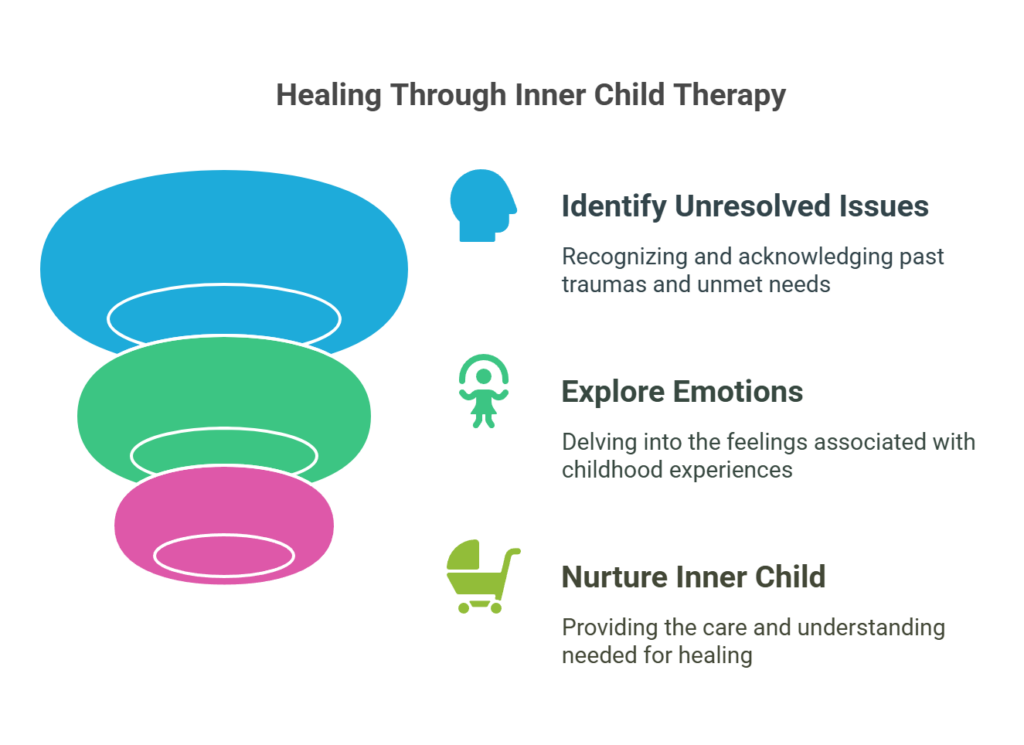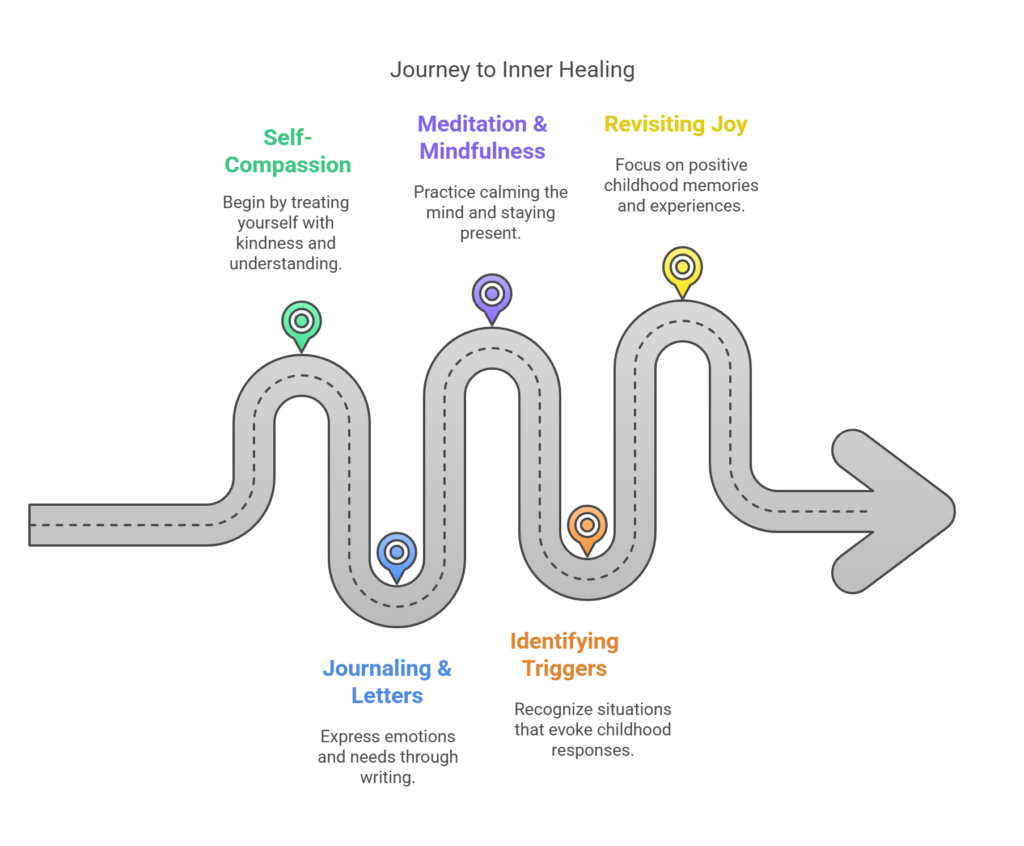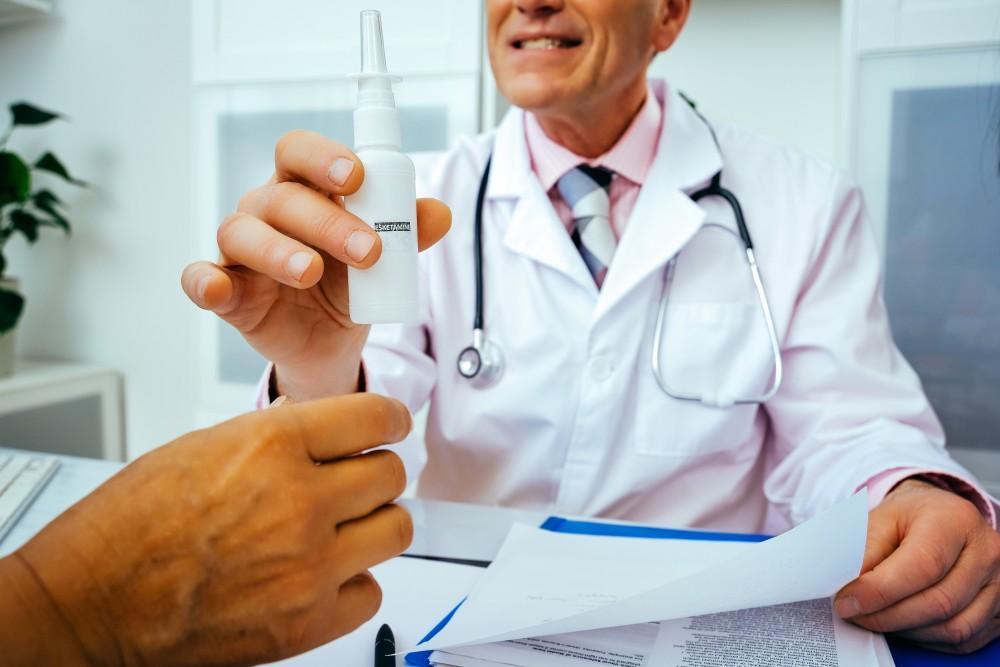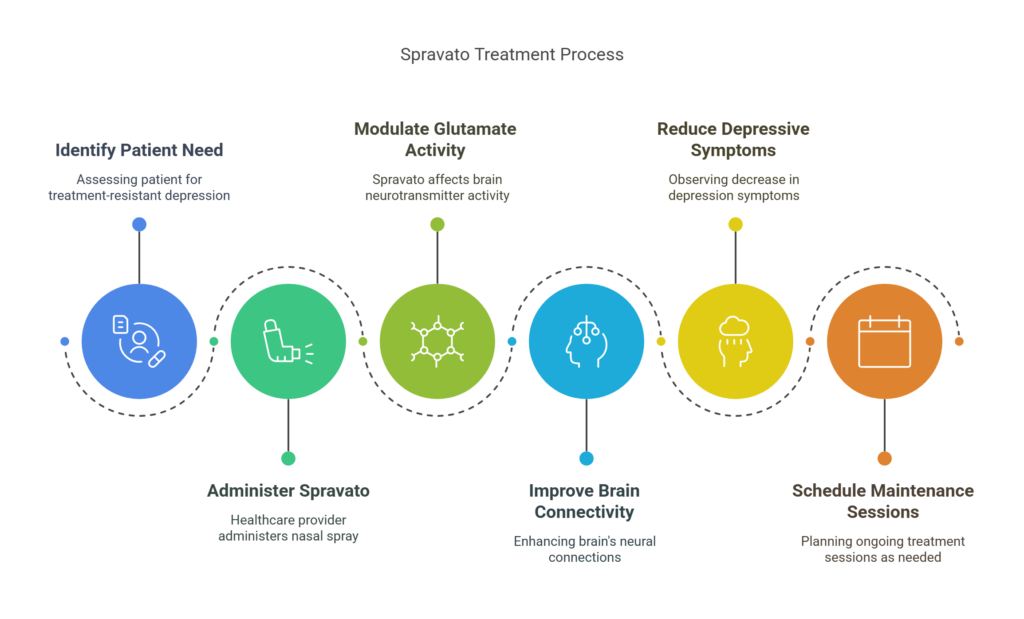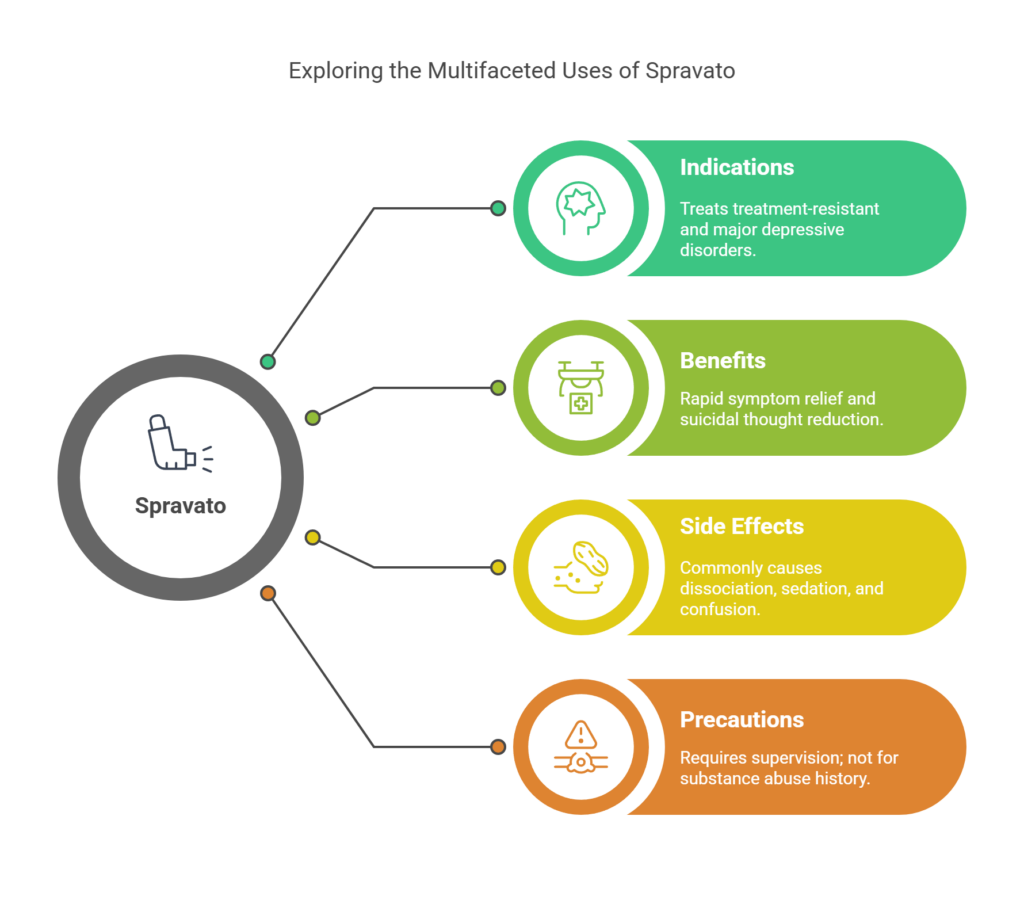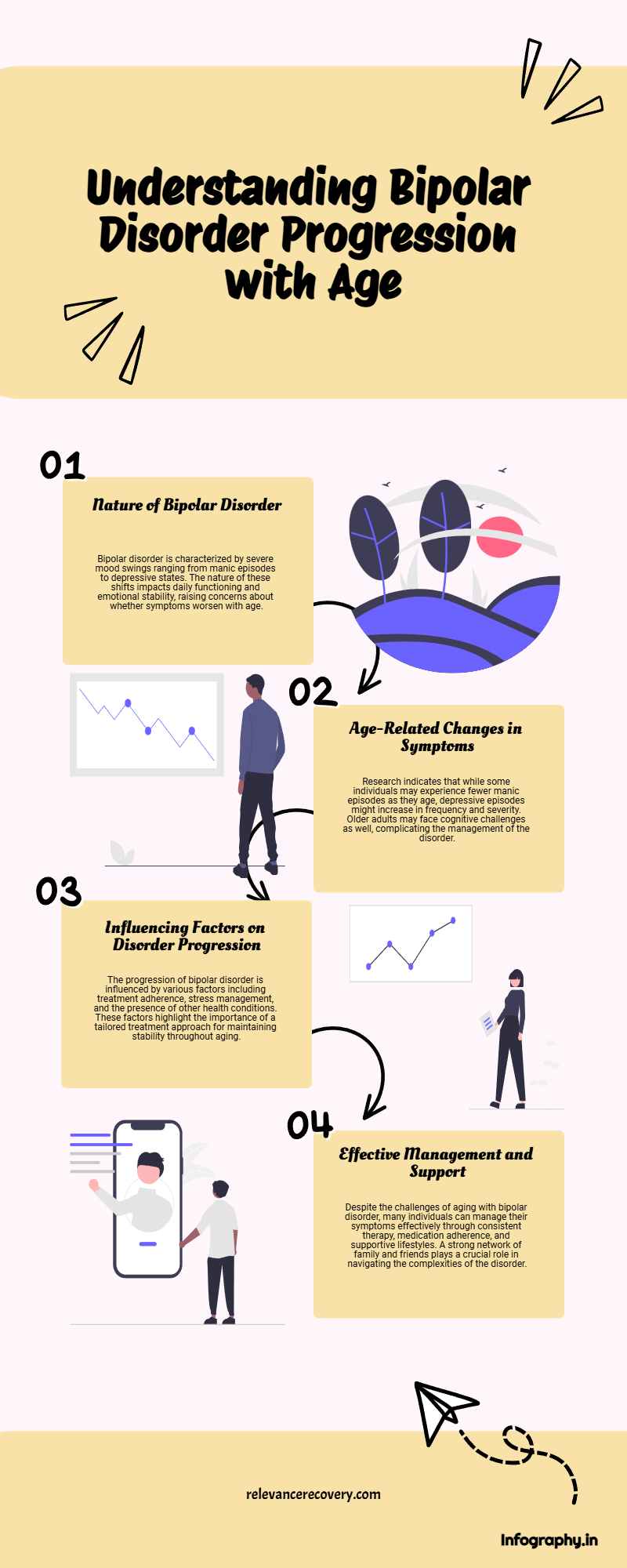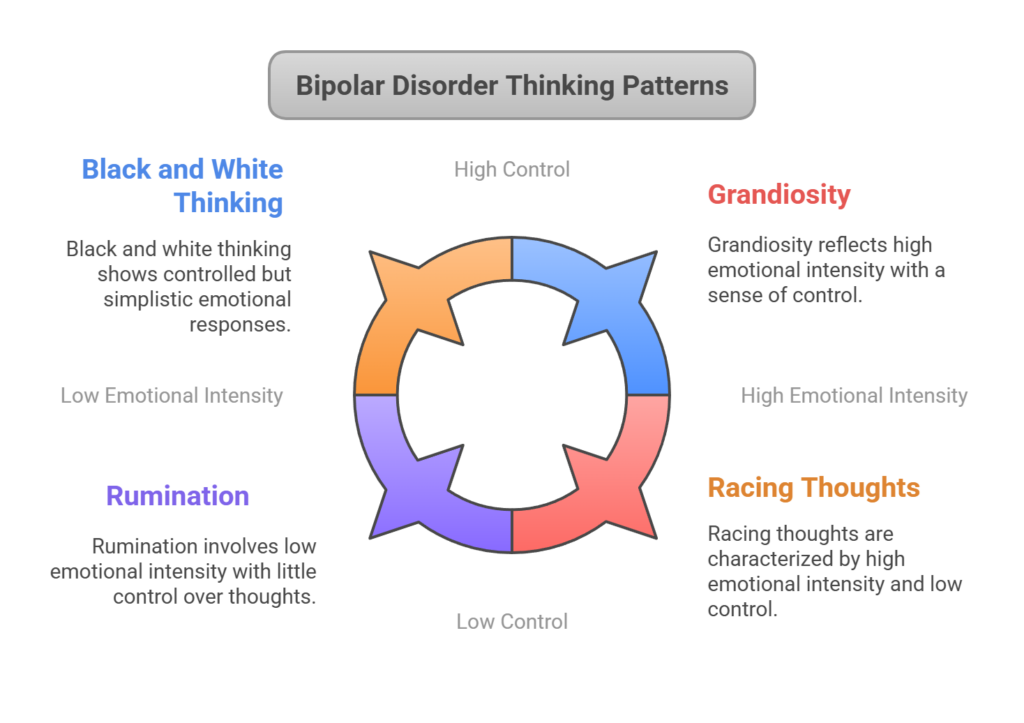You’re exhausted. Your body is begging for rest, but your mind has other plans. It starts running through every worry, every mistake, every unfinished task. The silence of the night makes your thoughts louder, and no matter how hard you try, they won’t stop. You toss and turn, staring at the ceiling, wondering:
Why can’t I just find it peace?
If this feels familiar, you’re not alone. Many people struggle with how to stop racing thoughts at night. This cycle of overthinking can steal your peace, drain your energy, and make it harder to function during the day. But here’s the good news: there are ways to quiet your mind and finally get the rest you deserve.
At Relevance Recovery, we understand how overwhelming it can be when your thoughts don’t slow down. Racing thoughts can be linked to anxiety, stress, trauma, or even deeper mental health challenges. That’s why finding the right strategies, backed by real solutions, can make all the difference.
Let’s explore why these thoughts happen and, more importantly, how you can stop them.
Exhausted But Can’t Sleep? There’s a Way Out!
Why Do Racing Thoughts Take Over at Night?
During the day, distractions keep your mind occupied. But when the world slows down at night, your thoughts take center stage. Several factors can trigger this mental overload: Approximately 41-56% of individuals have experienced sleep disturbances during the COVID-19 pandemic, a significant increase from pre-pandemic rates of around 14-25%.
- Stress & Anxiety – Unresolved worries and fears make it hard to shut off your brain.
- Overstimulation – Too much screen time or caffeine before bed can keep your mind racing.
- Lack of Routine – An inconsistent bedtime schedule confuses your body’s natural sleep cycle.
- Emotional Baggage – Unprocessed emotions from the day can resurface at night.
Understanding the root cause of your racing thoughts is the first step toward controlling them. Now, let’s talk about real solutions.
How to Stop Racing Thoughts at Night: Effective Strategies
If your mind won’t stop spinning, you need to give it a reason to slow down. The right techniques can help you relax, shift your focus, and create a peaceful bedtime routine.
1. Build a Calming Nighttime Routine
A structured bedtime routine signals your brain that it’s time to wind down. Small changes can make a big difference.
- Dim the lights – Your brain needs darkness to release melatonin, the sleep hormone.
- Limit screens – The blue light from phones and TVs overstimulates your brain.
- Take a warm shower – The warmth relaxes muscles and preps your body for sleep.
- Listen to soft music – Calming sounds can help shift your focus away from anxious thoughts.
Creating a nightly routine takes consistency, but over time, it helps train your brain to slow down.
2. Use Breathing and Mindfulness Techniques
When your thoughts are racing, your body reacts by staying tense and alert. The key is to interrupt this cycle with deep breathing and mindfulness.
- 4-7-8 Breathing – Inhale for four seconds, hold for seven, and exhale for eight.
- Progressive Muscle Relaxation – Tense and release each muscle group, starting from your toes.
- Guided Meditation – Apps like Calm or Headspace can help direct your thoughts to the present moment.
These techniques bring your focus back to the now, helping you release stress and prepare for restful sleep.
3. Write Your Thoughts Down
Sometimes, your brain keeps replaying thoughts because it’s afraid you’ll forget something important. Writing things down gives your mind permission to let go.
- Keep a journal – Spend five minutes before bed writing down worries or plans.
- Make a to-do list – Jotting down tasks for the next day can relieve mental pressure.
- Write affirmations – Simple phrases like “I am safe. I am calm. I am in control” can rewire your thoughts.
Journaling doesn’t have to be complicated—just enough to clear mental clutter before bed.
4. Adjust Your Sleeping Environment
Your surroundings play a huge role in how to stop racing thoughts at night. If your sleep space isn’t restful, your mind won’t be either.
- Keep your room cool – A cooler temperature helps signal sleep time.
- Use blackout curtains – Darkness encourages deeper sleep.
- Try white noise – A fan or nature sounds can create a soothing background.
- Invest in quality bedding – A comfortable mattress and pillows make a difference.
Creating the right sleep environment can help train your brain to associate your bed with relaxation, not stress.
5. Be Mindful of What You Consume Before Bed
What you eat and drink before bedtime can directly impact your ability to sleep.
- Avoid caffeine – Even small amounts in the evening can keep you wired.
- Limit sugar – High sugar intake can spike your energy levels.
- Skip alcohol – It may make you drowsy, but it actually disrupts deep sleep.
Small dietary adjustments can have a big impact on your sleep quality.
6. Challenge Negative Thoughts
If you struggle with intrusive thoughts, shifting your mindset can help.
- Ask yourself: Is this thought true? – Often, racing thoughts are exaggerated worries.
- Reframe the narrative – Instead of “I’ll never finish this,” try “I’ll do my best tomorrow.”
- Practice gratitude – Before bed, think of three things you’re grateful for.
A simple shift in thinking can break the cycle of overthinking.
7. Get Out of Bed If You Can’t Sleep
If you’ve been lying awake for more than 20 minutes, don’t force it. Get up and do something calming.
- Stretch or do yoga – Gentle movement can release built-up tension.
- Read a book – Choose something light and relaxing.
- Do a simple task – Something repetitive, like folding clothes, can be soothing.
Sometimes, stepping away for a few minutes helps reset your mind.
When to Seek Professional Help
If your racing thoughts have become overwhelming, affecting your ability to function, it may be time to seek professional help. Anxiety, trauma, and mental health conditions often contribute to persistent overthinking.
At Relevance Recovery, we specialize in helping individuals break free from destructive thought patterns. Through therapy, mindfulness techniques, and structured treatment plans, we provide the support you need to regain control over your mind—and your life.
Final Thoughts: Take Control of Your Nights
You don’t have to spend your nights battling your thoughts. With the right strategies, you can finally learn how to stop racing thoughts at night and experience deep, restful sleep.
If you feel like your thoughts are spiraling out of control, Relevance Recovery is here to help. Don’t let anxiety steal another night—reach out today and take the first step toward peace of mind.
Your Path to Recovery Begins Here
FAQs
1. What medication is good for racing thoughts at night?
Medications like benzodiazepines, antidepressants (SSRIs/SNRIs), and certain antipsychotics can help manage racing thoughts. It’s important to consult a healthcare provider to determine the most suitable treatment based on individual needs.
2. How do you deal with racing thoughts at night?
Try relaxation techniques like deep breathing, meditation, or progressive muscle relaxation to manage racing thoughts. Cognitive Behavioral Therapy (CBT) or writing down your thoughts can also help clear your mind before sleep.
3. What is a racing mind a symptom of?
A racing mind can be a symptom of anxiety, stress, bipolar disorder, ADHD, or insomnia. It may also occur due to substance use or high caffeine intake. Speaking to a doctor helps identify the root cause.
4. Why won’t my brain shut up?
Constant mental chatter can result from stress, anxiety, or overthinking. It could also be a symptom of sleep deprivation, depression, or conditions like ADHD. Techniques like mindfulness, journaling, or seeking therapy may help quiet the mind.



